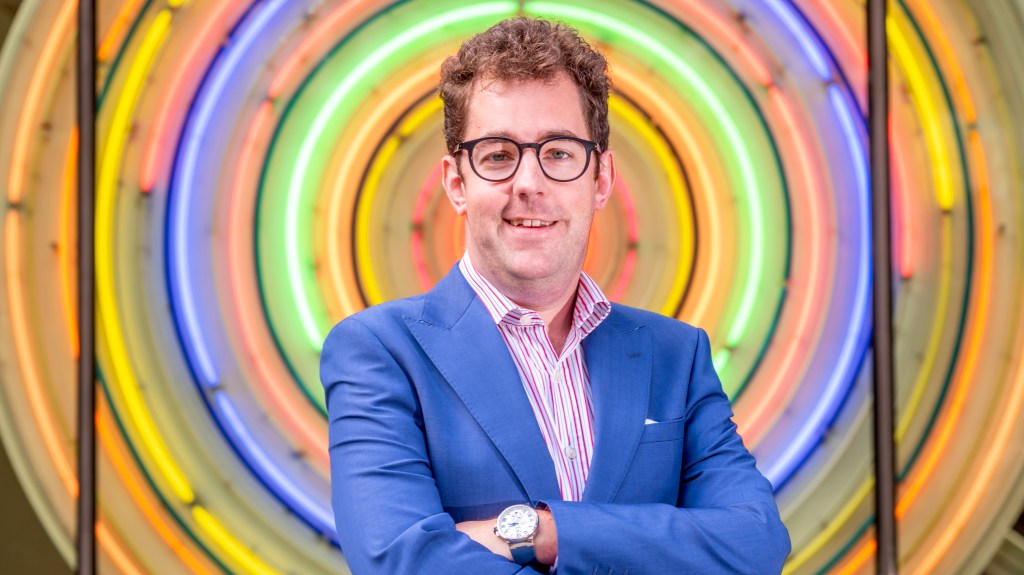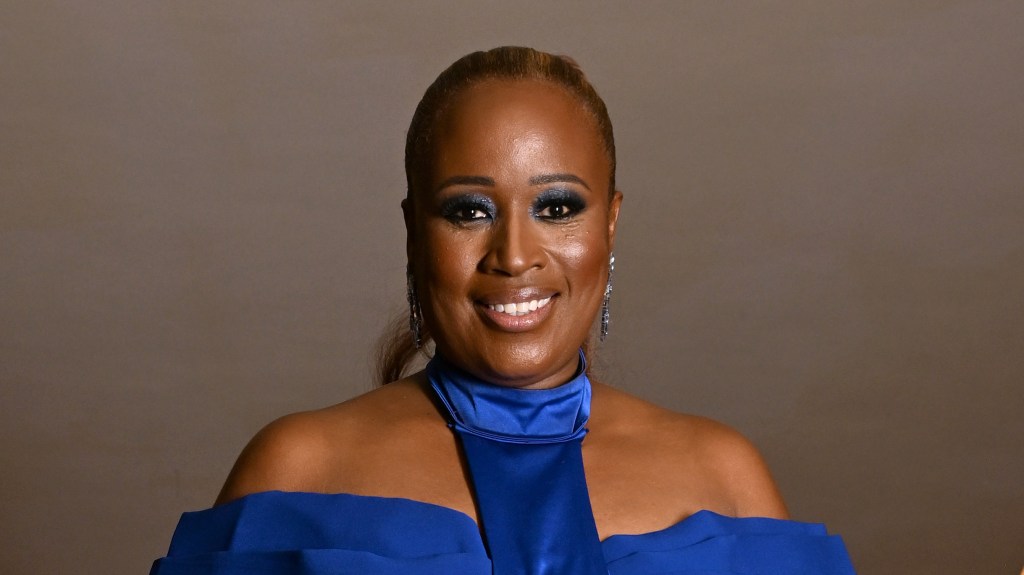Lessons in Leadership: Insights from My Disability Journey
Josh Hough, 32, is the innovative founder of CareLineLive, a company dedicated to developing software solutions for home care agencies. Based in West Sussex, it boasts a team of 42 employees and generates impressive revenues of £3.5 million. Born with minicore myopathy, a rare inherited muscle condition that leads to muscle weakness and atrophy, Hough launched his first business at just 18 years old and has been an entrepreneur ever since.
Upon my birth, doctors quickly noticed something was amiss as I displayed floppiness. I was born prematurely and spent about a month in the hospital, but my official diagnosis came at the age of five or six. At that point, I had a feeding tube inserted, which I relied on until six years ago.
During my primary school years, I didn’t require a wheelchair due to the small size of the school and the presence of an assistant who helped me with tasks such as carrying books. However, everything changed when I transitioned to secondary school, which is when I began using an electric wheelchair, primarily to avoid being knocked over by other students.
My father’s job involved international travel, allowing us to explore various places, so although I can’t complain about my childhood, having a disability certainly impacted my experiences. Adolescents can be very harsh, and I found secondary school challenging.
Proud Moment: Passing My Driving Test at 16
With certain disabilities, one can obtain a driving license at 16. Suddenly, I was no longer seen as just Josh “the one in the wheelchair” but as Josh “the one who had a car first.” This shift in perception was refreshing.
Alongside my A-level studies, I worked part-time at a shop and took on small web design projects outside of school. As I started earning more money and gaining independence, I may have overscheduled myself, causing me to focus less on my studies.
Organic Growth of My Business
I began designing more websites for local businesses, but soon realized that design wasn’t my strong suit. I started collaborating with others who excelled in design and took a percentage of the profits.
Our business initially moved towards managed services, and in 2012, a care sector client approached us, saying: “We appreciate your business style. Could you assist us in better managing our remote workforce?”
My early experiences helped me recognize issues with information flow; I remembered district nurses and dieticians arriving with large folders of documents, only to know my name. As a child, I often spent the first hour repeating information I had already shared with others. Additionally, witnessing my grandfather’s struggles with home care highlighted the lack of transparency in the system.
Consequently, we decided to create an interface for a competitor’s platform, focusing on visit monitoring—the process of staff check-ins and check-outs—allowing clients to utilize that data for invoicing.
Eventually, we pursued the development of a comprehensive management system for home care providers, starting this process in 2015 after securing a grant from West Sussex council, which I matched. I initially underestimated the costs, thinking I could do it all for £30,000, but we’ve since raised £6.9 million and are still expanding.
Building a Flexible Company Structure
Our company operates from two locations: our primary office in West Sussex is situated along the South Downs National Trail, while most of our technical team works from Moorgate in London. I split my time between both offices and work from home part of the week, where our dog helps keep me active, but also acts as an alert system in case I fall.
I am cautious during my time in London. I opt for taxis and will stay overnight if I need to be there longer than usual. I typically work 50 to 60 hours a week, but having the flexibility to choose my schedule is beneficial. A typical 9-5 job would present challenges, especially if it required daily office attendance.
This flexibility extends to my team as well. I encourage them to take time off for medical appointments without the need to make up hours, as it would be unreasonable to expect otherwise. We also provide private healthcare as a taxable benefit.
We have a strong inclination to hire neurodiverse individuals. They often demonstrate exceptional focus and intelligence. While some companies hesitate to hire neurodiverse talent due to an unfamiliarity with them, my experiences in school working alongside those with different learning styles have given me a deeper understanding.
Challenges of Raising Investment
Fortunately, we’ve sourced our funding from a family office and an Enterprise Investment Scheme (EIS) fund, along with contributions from angel investors.
I’ve proven to be a sound investment because I’ve successfully navigated this journey, but I’ve encountered questions related to my health and its impact on my ventures. While some may find this frustrating, I understand why potential investors would want to assess any risks involved.
Last year, we successfully acquired a business, and we are currently exploring another acquisition, potentially in Australia, as it represents significant growth opportunities for us.
Aiming to Support Fellow Disabled Entrepreneurs
Looking ahead, I anticipate an exit within the next five years, and my goal is to establish a fund supporting individuals who fall outside the realm of “normal.” Many people facing various health challenges often doubt their potential to succeed.
This endeavor is not about self-promotion; it’s about creating profitable opportunities. Numerous individuals have great ideas but lack the resources or fear judgment from investors. I believe that if I had conducted investment pitches from a wheelchair, I might have struggled to secure funding.
Josh Hough shared his journey with Hannah Prevett, deputy editor of Times Enterprise Network.




Post Comment